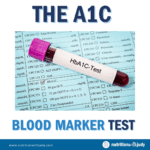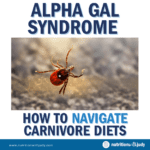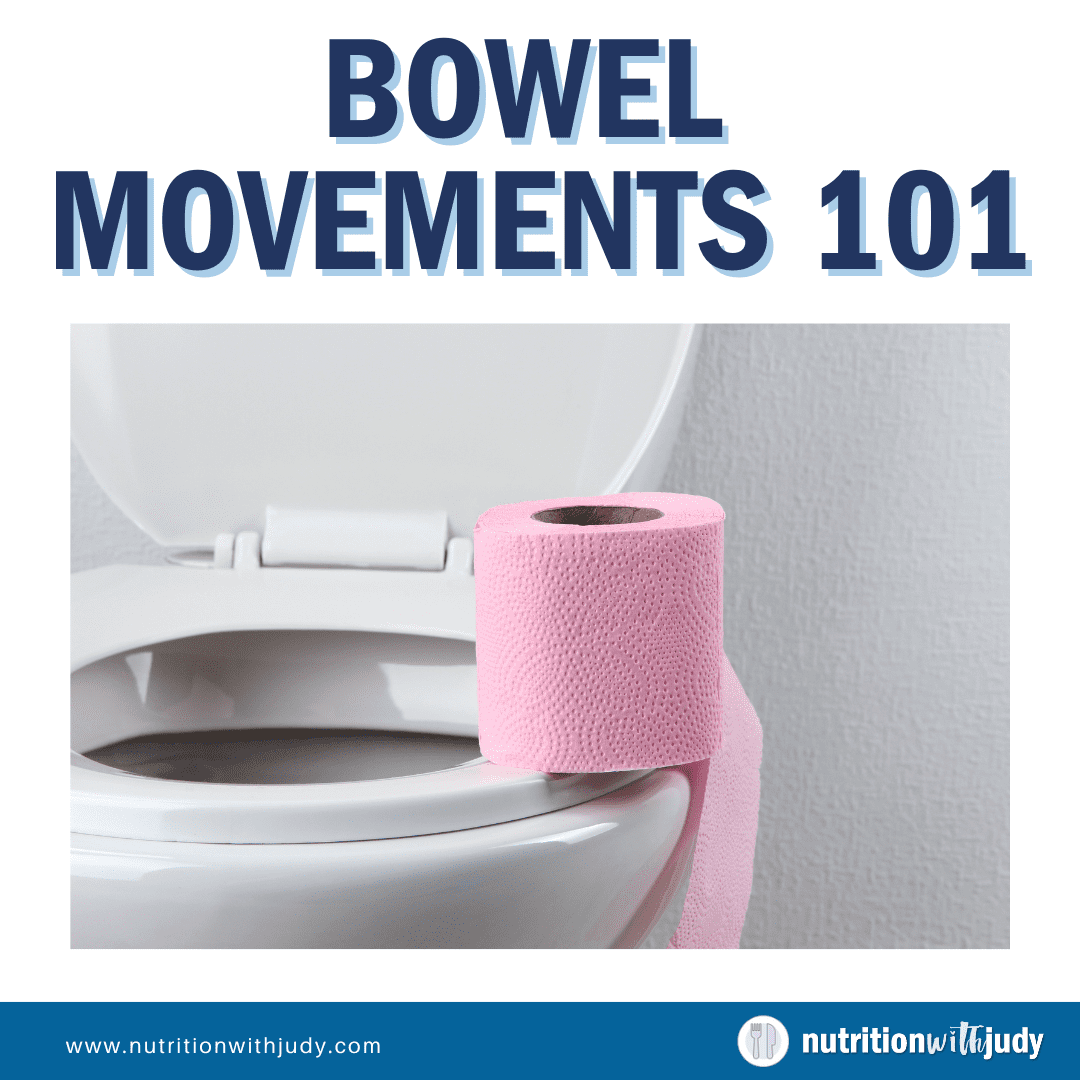

Bowel Movements 101


Original Publish Date: 3/28/21
Many of us know that we don’t have as bulky stools on a carnivore diet but have you wondered what is normal?
I like to see my clients go at least every day or every other day. I recommend my clients at least go every other day because one way we remove a lot of toxins in the body is through our stool. Yes, we don’t go as often on a carnivore diet but we should still go every couple to few days.
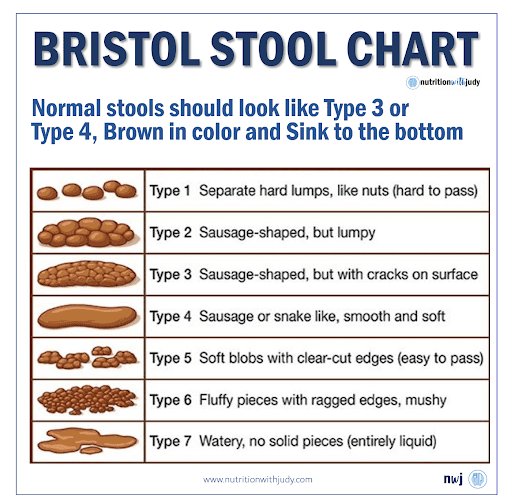

Ideal Stools
Ideally, you want your stools to look like the Bristol Stool chart, type 3 or 4. You want your stools to sink and you want them to be a nice brown color.
If you are closer to a Type 1, or your stool is very thin, you are likely constipated.
If you are closer to a Type 7, typically it’s because you are having trouble digesting fat.
Troubleshooting Constipation
If you are constipated and get bloated from not having a bowel movement for days, here are some things to consider:
- Make sure you are hydrating sufficiently. I recommend at least half of your weight in ounces. So if you weigh 150 lbs, you should be drinking about 75 ounces of water. Of course, listen to your body but this is a general rule of thumb. If you drink diuretics, you need to drink even more.
- Drink away from meals (so your stomach has the most acidic stomach acid to break down foods). Drink minimal water (and only water) with meals. Reference chart below.
- Make sure you are chewing every single bite to small, small pieces. If you need water to swallow your meat, you aren’t chewing enough.
- Never eat on the go. The body needs to be in a rested and relaxed state for digestion to properly occur.
- If you are eating a lot of dairy, cut back on the dairy.
- If you are eating a lot of processed meats, cut it out. This includes sausages, beef sticks, string cheese, and pork rinds.
- If you are undereating, it’s time to eat more. You should be eating at least 0.8 grams of protein (not total meat) to 1 gram of protein to 1 lb of ideal body weight. A person weighing 150 lbs at maintenance weight should eat about 120 – 150 grams of protein in meat. Usually, that’s a little less than 2 pounds of meat.
- Are you eating a lot of egg whites? Try removing all eggs and then add back egg yolks slowly. Isolate the food so you can pinpoint symptoms. I have a full egg post with carnivore recipes here.
- Are you getting enough electrolytes (minerals)? Make sure to have 1/2 teaspoon to 1 tablespoon of sole water (maybe twice a day). If you can’t tolerate salt, you may need to take a look at thyroid and adrenal health as the aldosterone hormone controlled by the adrenals, is causing an imbalance. You can see my sole recipe and blog post on blood pressure here.
- Are you having enough fat? I recommend that 70-80% of your total calories come from fat. And don’t make the bulk of that from heavy cream. Most heavy creams are processed and you will gain weight. Most women can heal hormone imbalances with the higher 80% fat but a lot of my clients end up falling into the 75% range. I can tell when I don’t eat enough fat because I don’t feel as satiated and want to snack.
If you try all these options and you are still constipated and your constipation comes with stomach pain and bloat, you may need to take a comprehensive stool test to see if anything else is going on. Some of my clients temporarily take some magnesium and vitamin C to alleviate constipation but they are temporary fixes.
There’s such a thing as lazy bowel. You don’t want that. Have the intestines work on their own for bowel movements.
Troubleshooting Loose Stools
You can do some of the things mentioned above. When you first eat meat-based, you may have loose stools because the body is trying to find a new balance without all the fiber. There also may be a shift in electrolytes. Whatever the case may be, you shouldn’t have loose stools for over a month.
If you have had loose stools for over a month, it’s time to do some digging.
Here are some things to consider with loose stools:
- Are you having too much fat? Are you drinking bone broth at every meal? Your body may not be able to tolerate all the fat. The same goes for eating 75% fat all of a sudden. If you are coming from a low or moderate-fat diet, you will likely need support. The gallbladder hasn’t really been working and it’s time to wake it up. Even if you don’t have a gallbladder, the liver can adapt to creating more bile. I recommend intenzyme or beta-plus for more digestive enzymes to help fat and protein absorption. Other signs of poor fat absorption are not being able to tolerate rendered fats, having floating or clay-colored stools, and nausea several hours after eating.
- Are you having a lot of pork rinds and processed dairy? This can have the opposite effect for some and cause a lot of sticky, loose stools. Stick to real meats.
- Do you have histamine intolerance? You may want to cut the aged meats, cured meats, old meats, bone broth, and even ground beef. Histamine intolerance often stems from gut imbalance. You may want to work on healing the gut. Sometimes 500 mg of vitamin C can also help. (You may not want to take vitamin C If you are a fast oxidizer and it’s important to consider the source since many vitamin C supplements are derived from fermented corn which is histamine flaring.)
- Are you drinking too much water with your meals? Limit water around your meals. Let stomach acid be as acidic as it needs to be. (Can you see why drinking alkaline water is NOT a good idea with your meals?) The wonders of marketing.
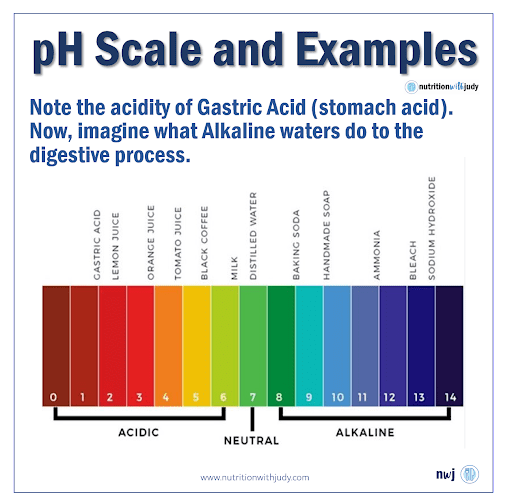

- Is it your medication? Eating a meat-based diet is very different than eating a standard American diet. You may need to take a look at your medication and see if it’s causing imbalances in electrolytes.
- Are you taking too many exogenous electrolyte drops, powders, and citrate supplements?
- Are you stressed? Remember, the adrenals manage our aldosterone hormone which decides how much salt to retain in the body (and subsequently our blood pressure). Stress uses a lot of salt. A lot of salt uses up potassium. Lots of potassium causes an imbalance in magnesium. Next time you’re stressed and feel muscle aches or heart palpitations, try some sole water or a pinch of salt with 100 mg of potassium and 200 mg of magnesium. Sometimes I spray magnesium spray directly on my chest when I get heart palpitations. You can find my DIY magnesium spray here. Too little magnesium in the body is a big cause of heart attacks (sometimes too little calcium). Balancing electrolytes can help with stools but the root cause is to minimize lifestyle stressors.
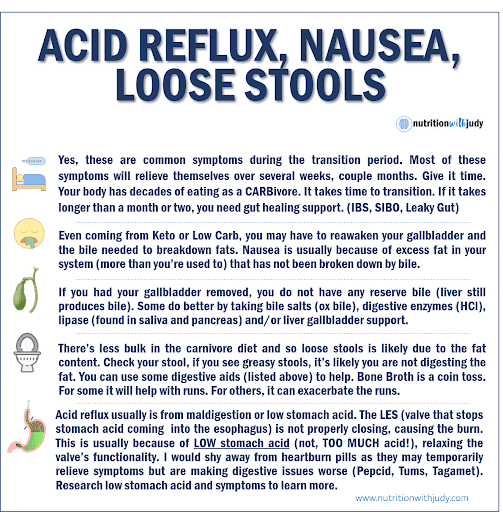

I tried to be as exhaustive with my troubleshooting tips but I’m sure I missed some other reasons. I don’t believe in testing everything at first as it costs a lot of money. Work on healing the gut as oftentimes it’s much of the culprit.
If things don’t heal over time, that’s when testing can be invaluable.
Most of all, give it time. If you’ve been eating the SAD diet or low fat for decades, it takes time for the body to reroute to fatty meat and ketones. And when it finally does, you will feel healing. And that’s all I can hope for.
In health,
Judy


